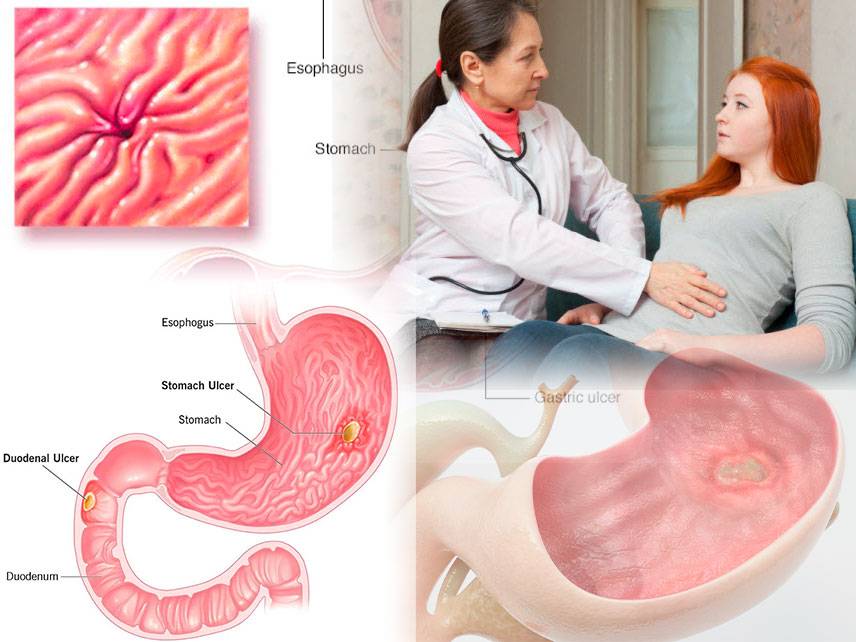
Peptic Ulcer Disease: signs and symptoms, causes, diagnosis, treatment.
Peptic ulcer disease (PUD) is a medical condition that affects the lining of the stomach or small intestine and is characterized by the formation of sores or ulcers. Symptoms of PUD include abdominal pain, burning sensations, nausea, bloating, and loss of appetite. Other symptoms may include dark or bloody stools, vomiting, and weight loss.
The primary cause of PUD is infection by a type of bacteria known as Helicobacter pylori. This bacteria can be found in the stomach and digestive tract, and it can cause the lining of the stomach or small intestine to become irritated and inflamed. Other causes of PUD include excessive consumption of alcohol, smoking, certain medications, and stress.
Diagnosis of PUD is generally done through physical examination, laboratory tests, and endoscopy. These tests can help to determine the presence of the Helicobacter pylori bacteria as well as any other underlying conditions.
Treatment of PUD involves a combination of medications and lifestyle changes. Common medications used to treat PUD include proton pump inhibitors, antibiotics, and H2 blockers. Lifestyle changes such as avoiding alcohol and smoking, reducing stress levels, eating a healthy diet, and getting regular exercise are also important for helping to manage PUD symptoms. Surgery is sometimes necessary for severe cases of PUD.




